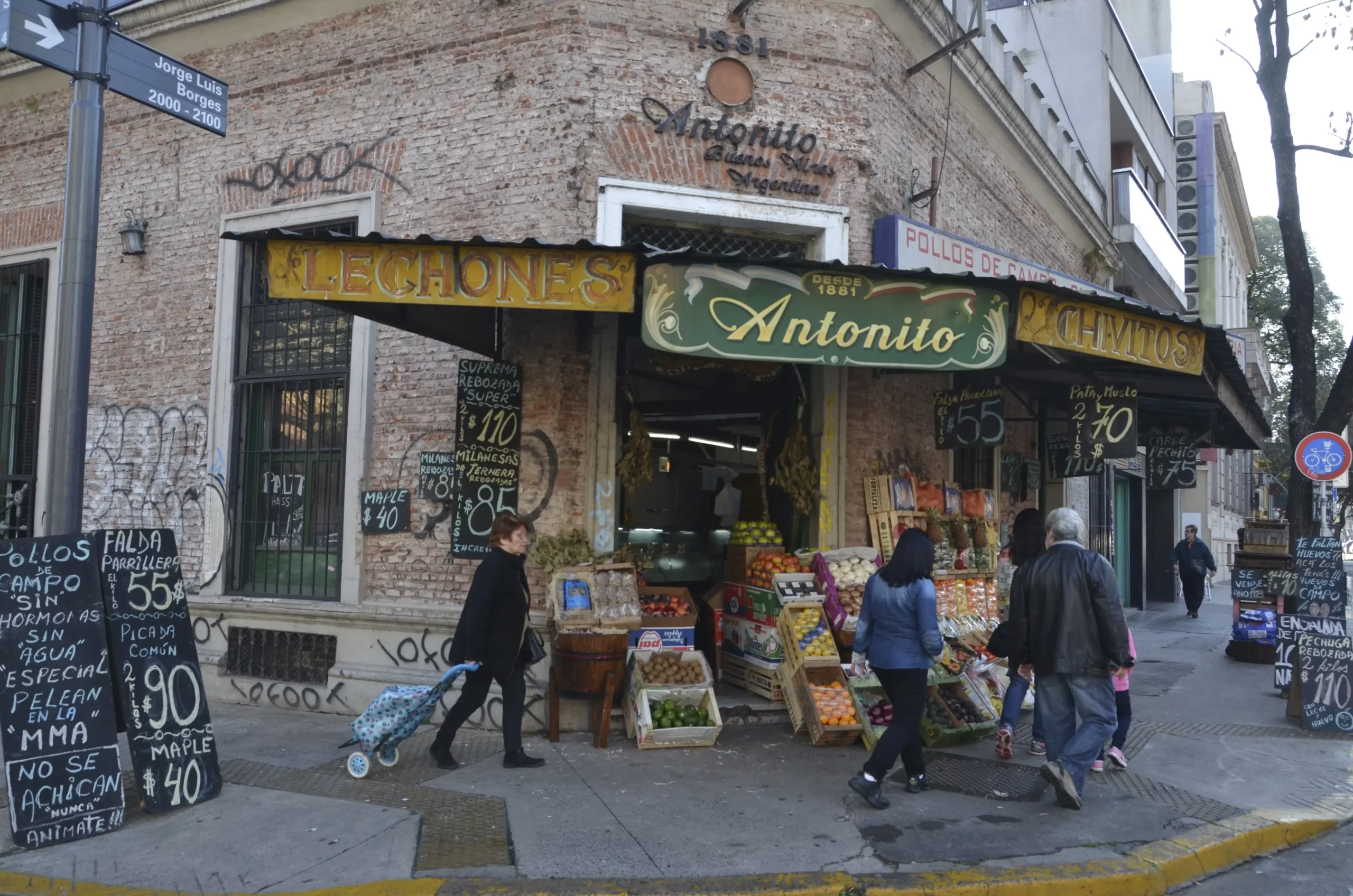Argentina is experiencing significant price increases in food items following the end of government subsidies under President Javier Milei’s new administration.
This change marks a departure from the policies of former President Alberto Fernández, who implemented the Fair Prices Program.
This program had frozen prices in exchange for benefits to producers.
Food producers and other basic consumer goods manufacturers began submitting new price lists to supermarkets on Monday, December 11, 2023.
The termination of the subsidies has led to a projected price increase of up to 180%, as reported by Clarín, a local news source.

Consumers are already seeing higher prices in supermarkets, with further adjustments expected soon.
Essential items like olive oil, pasta, flour, and bread are among those most affected. For instance, the price of olive oil has increased from 800 to 2,000 pesos.
Additionally, some types of bread have seen an 80% price rise, and rice costs are also set to increase.
The Fair Prices Program, established by the Fernandez government, aimed to control inflation by capping price increases.
The former Economy Minister Sergio Massa’s recent agreement permitted up to 12% raises in November and 8% in December, well below the country’s inflation rate.
With Milei’s arrival in office, these agreements have been suspended.
As per Clarín, average price increases for items previously included in the now-defunct program are estimated to range from 20% to 25%.
The price adjustments are attributed to the discontinuation of subsidies and inflation adjustments, as prices had been lagging behind inflation rates.

